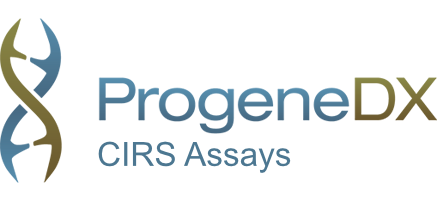Progene DX adheres to HIPAA by de-identifying all patient records. In others words, none of the records we keep contain information that can be used to identify an individual’s personal health information. Only our customers, and their doctors, have the ability to connect the data we store with their patients’ identities. From our perspective, our records are differentiated only by a series of numbers.
For your reference, the relevant HIPAA clauses follow:
The Health Insurance Portability and Accountability Act of 1996 (HIPAA) required the Secretary of the U.S. Department of Health and Human Services (HHS) to develop regulations protecting the privacy and security of certain health information. To fulfill this requirement, HHS published what are commonly known as the HIPAA Privacy Rule and the HIPAA Security Rule. The Privacy Rule, or Standards for Privacy of Individually Identifiable Health Information, establishes national standards for the protection of certain health information. The Security Standards for the Protection of Electronic Protected Health Information (the Security Rule) establish a national set of security standards for protecting certain health information that is held or transferred in electronic form.
Protected Health Information
The Privacy Rule protects all "individually identifiable health information" held or transmitted by a covered entity or its business associate, in any form or media, whether electronic, paper, or oral. The Privacy Rule calls this information "protected health information (PHI)."
Individually identifiable health information is information, including demographic data, that relates to:
the individual’s past, present or future physical or mental health or condition,
the provision of health care to the individual, or
the past, present, or future payment for the provision of health care to the individual,
and that identifies the individual or for which there is a reasonable basis to believe can be used to identify the individual. Individually identifiable health information includes many common identifiers (e.g., name, address, birth date, Social Security Number).
De-Identified Health Information
There are no restrictions on the use or disclosure of de-identified health information. De-identified health information neither identifies nor provides a reasonable basis to identify an individual. There are two ways to de-identify information; either: 1) a formal determination by a qualified statistician; or 2) the removal of specified identifiers of the individual and of the individual’s relatives, household members, and employers is required, and is adequate only if the covered entity has no actual knowledge that the remaining information could be used to identify the individual.
For further information about the HIPAA Privacy Rule.

